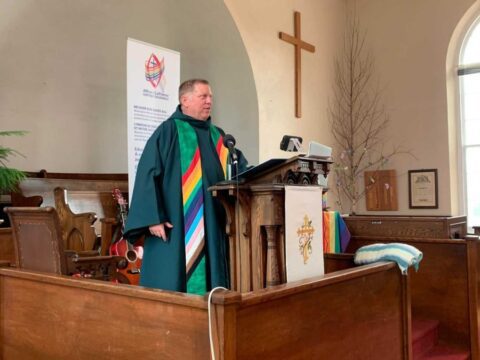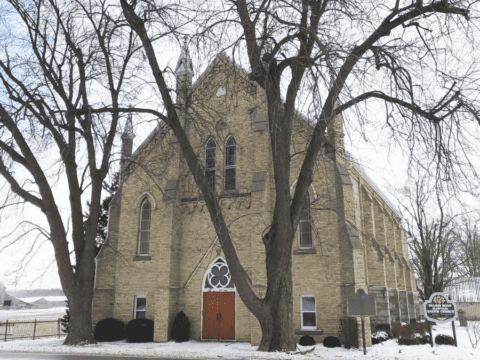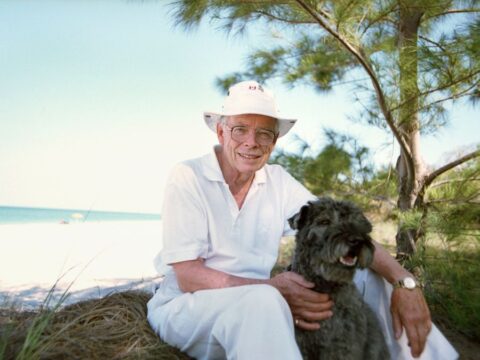The United Church of Canada will pay a Vancouver congregation $500,000 for the loss of its property 65 years ago.
The move comes nearly a decade after the denomination apologized to members of Vancouver Japanese United Church for selling their parish after their expulsion from the city as part of Japanese-Canadian internment during the Second World War.
You may unsubscribe from any of our newsletters at any time.
“It’s a real relief,” said Keiko Norisue, a church board member, said of the payment.
“There are second-generation people who had heard from their parents about this incident, and so it’s closure.”
In 1942, more than 20,000 Japanese-Canadians living on B.C.’s west coast were kicked out of their homes and sent to remote locations in the province’s interior and other places.
The congregation, which was forced to leave Vancouver, agreed to entrust the property to another church, but the Presbytery said at the time that the congregants’ “personal effects” couldn’t be sold without their consent, according to B.C. Conference research.

When church members were allowed to return seven years later, they found the buildings in disrepair and unusable for congregational work, as well as many of their possessions missing. Just a year beforehand, title for the property had been transferred to the United Church of Canada.
In 1953, the church that had held Vancouver Japanese United buildings in trust sold them to a non-profit organization, with Presbytery’s approval. The assets from the sale went to a General Council property fund.
Doug Goodwin, executive secretary of B.C. Conference, said he doesn’t know how that money was used, but it was obvious that it didn’t go to Vancouver Japanese United. “That part was clear enough that we felt we could take responsibility,” he said.
The congregation made an unofficial request last spring for $500,000 in compensation for the loss, said Goodwin, and both the General Council sub-executive and B.C. Conference executive agreed in separate meetings on Nov. 2 to pay that amount. Both Conference and General Council will contribute $250,000, acknowledging their joint responsibility for the injustice.
“It feels good on one level,” Goodwin said of the decision. “You have mixed feelings. You’re dealing with a sad history.”

A celebration and “ceremonial payment” is set for Dec. 8 at the church, but Norisue said there are no longer any living members from the time the property was sold.
She has attended the church since 1977 — her father was the minister for several years — and said she knew the story, but there were conflicting views in the congregation about whether to ask for some recognition or redress.
Former minister Maki Fushii finally brought the issue to Conference and then to the General Council office, Norisue said. That led to two separate apologies from both levels of the United Church in 2009.
Norisue said her church would like to use the money to add a commercial kitchen to their existing building, as well as update the electrical and heating systems. Because of the aging structure, they had been mulling a move to a more suburban spot, but the congregation is aging too and many members were reluctant to leave.
“So now we don’t really have to,” she said. “It’s wonderful.”














